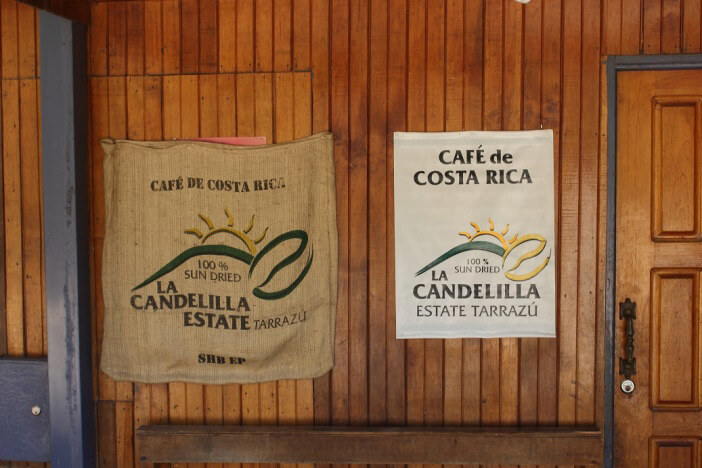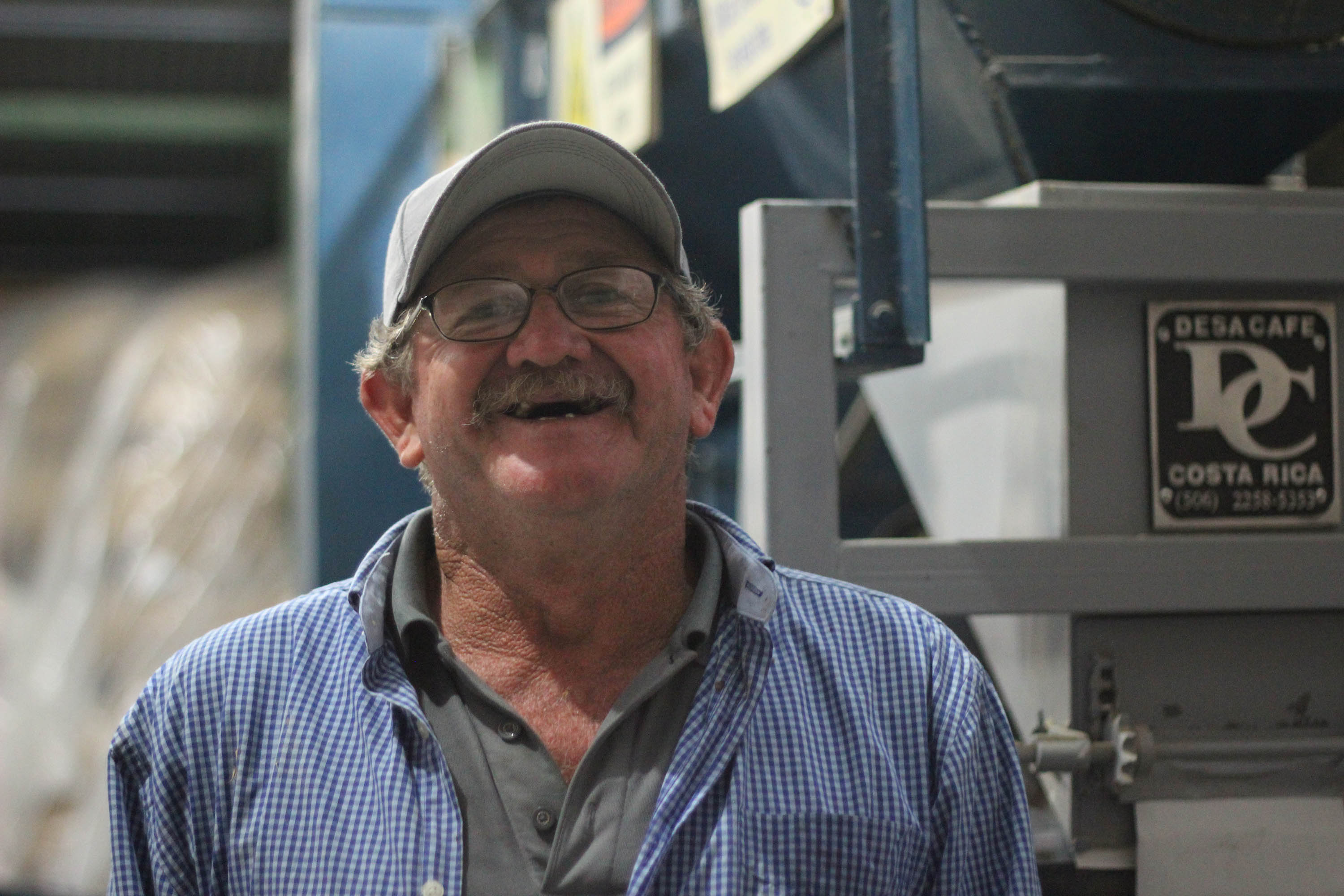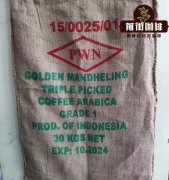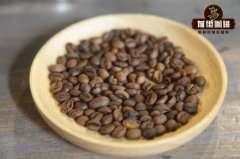Starbucks selects flavor characteristics of Costa Rican coffee influence of small Candle Manor on small Coffee Factory
Starbucks selects Coffee Candle Manor in Costa Rica
Sweet orange and caramel. This coffee is brought to you by the Sanchez family, which has grown coffee for five generations. Named after the fireflies that twinkle on summer nights, La Candelilla stands for warmth, light and love-and the extraordinary flavor it produces.

La Candelilla was a pioneer of micro-mills: it was one of the first micro-mills established in 2000 and has been selling boutique coffee ever since. Gesha has been acquired by Starbucks and has appeared in their Black Apron program in the past.
La Candelilla is a micro-factory owned and operated by a family in the Tarasu region of Costa Rica. Tarazu is the largest coffee producing area in Costa Rica, and its coffee culture is deeply rooted in the daily life of its residents. Most farms produce Caturra and Catuai, as well as some Gesha, SL-28 and Typica, with a total area of more than 40 hectares. The coffee is wet and dry ground at the scene.
Didier, the owner of Finca Palmilera, won second place in the 2013 Cup of Excellence with his Gesha.

Small Candle Manor coffee is a high-quality and traceable micro batch.
The coffee of small Candle Manor has also made a great help to the development of Costa Rican coffee industry. Since La Candelilla in 2000, more and more farmers or small collectives have set up their own micro-factories. Since then, more than 150 have opened. By processing their own coffee, they try to retain more of the value of the coffee they sell. Increased demand for "direct trade" and traceability has attracted boutique coffee consumers to buy from these factories across the country. These factories have pioneered new experimental processing methods and improved the quality of traditional mild coffee. Coupled with water constraints, micro-factories are investing heavily in natural, honey and anaerobic treatments. Naturally dried coffee is those that are dried while the whole cherry is intact. Coffee processed with honey goes through different times of pulping and drying, leaving different degrees of mucus. The anaerobic coffee is fermented in a sealed pot for a few days and then dried in the sun. This could be a whole cherry or berry. These tend to produce more fruit coffee beans needed in North America and Europe. Micro-mills in Costa Rica are creating successful brands based on the consistency and clarity of their unwashed coffee, which enables them to build sustainable long-term partnerships with buyers around the world.
Important Notice :
前街咖啡 FrontStreet Coffee has moved to new addredd:
FrontStreet Coffee Address: 315,Donghua East Road,GuangZhou
Tel:020 38364473
- Prev

What kind of coffee beans is mantenin ateng? How to make a good coffee with gold mantning beans
PWN Gold Mandning Coffee on Front Street has ateng in the category column. Do you know what kind of coffee bean ateng is? Ateng and several of its subtypes are widely cultivated in Sumatra and other Indonesian islands. Catimor coffee is widely cultivated in Sumatra and Indonesia.
- Next

What is boutique coffee? Definition of boutique coffee shop? How do baristas make good hand-made coffee?
Now. Boutique coffee is becoming a large part of popular culture. What is boutique coffee? What is quality coffee? In fact, there is no very precise definition, but it is widely believed that the origin of the word was in 1978, when Ms. Erna Knutsen of Knutsen Coffee Co., Ltd. of the United States proposed the word at an international coffee conference in France. She is very special.
Related
- Detailed explanation of Jadeite planting Land in Panamanian Jadeite Manor introduction to the grading system of Jadeite competitive bidding, Red bid, Green bid and Rose Summer
- Story of Coffee planting in Brenka region of Costa Rica Stonehenge Manor anaerobic heavy honey treatment of flavor mouth
- What's on the barrel of Blue Mountain Coffee beans?
- Can American coffee also pull flowers? How to use hot American style to pull out a good-looking pattern?
- Can you make a cold extract with coffee beans? What is the right proportion for cold-extracted coffee formula?
- Indonesian PWN Gold Mandrine Coffee Origin Features Flavor How to Chong? Mandolin coffee is American.
- A brief introduction to the flavor characteristics of Brazilian yellow bourbon coffee beans
- What is the effect of different water quality on the flavor of cold-extracted coffee? What kind of water is best for brewing coffee?
- Why do you think of Rose Summer whenever you mention Panamanian coffee?
- Introduction to the characteristics of authentic blue mountain coffee bean producing areas? What is the CIB Coffee Authority in Jamaica?

